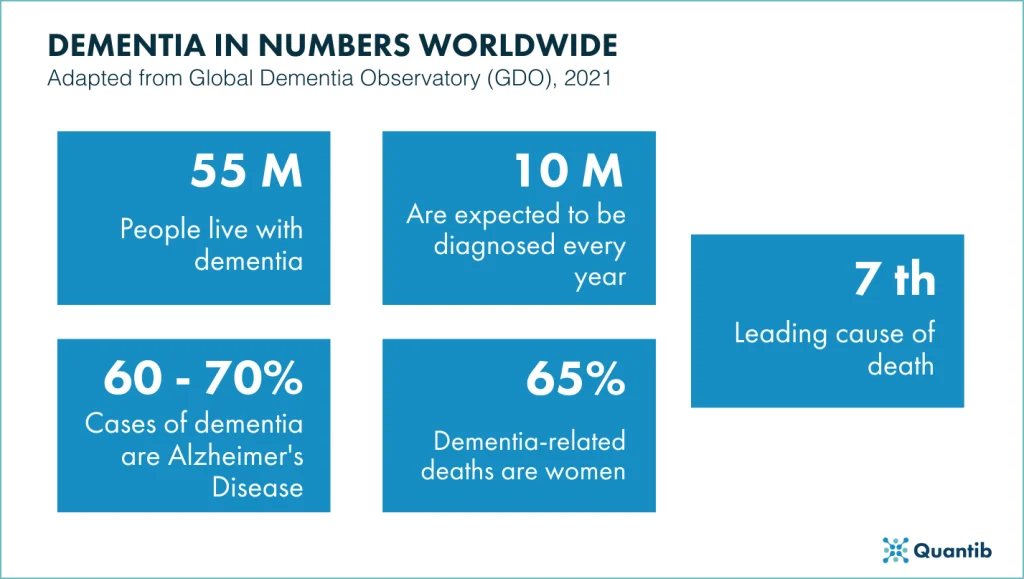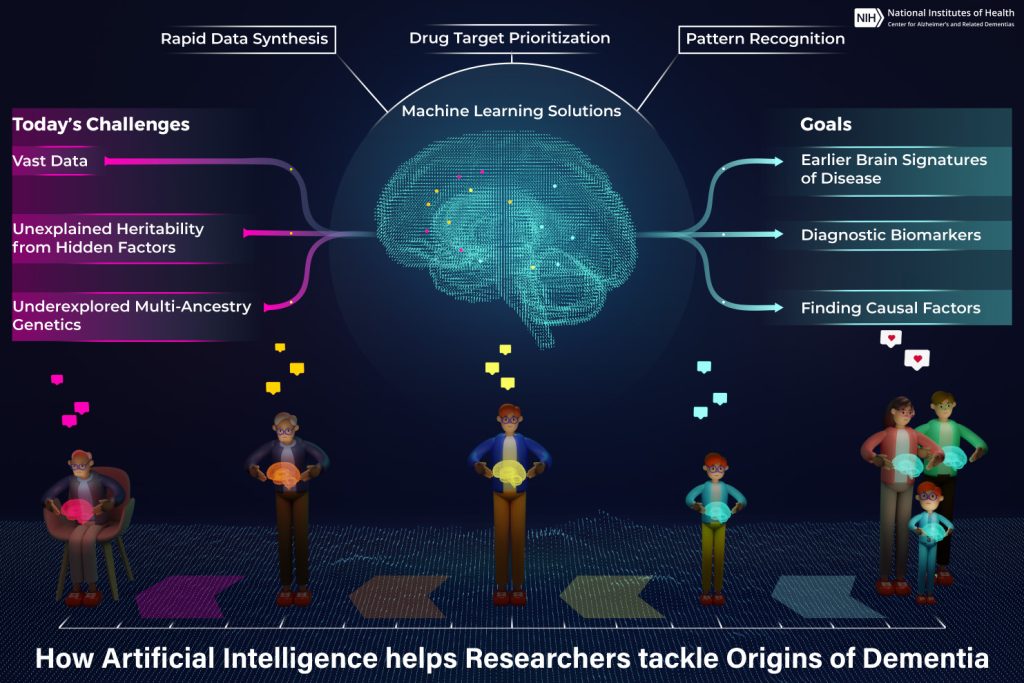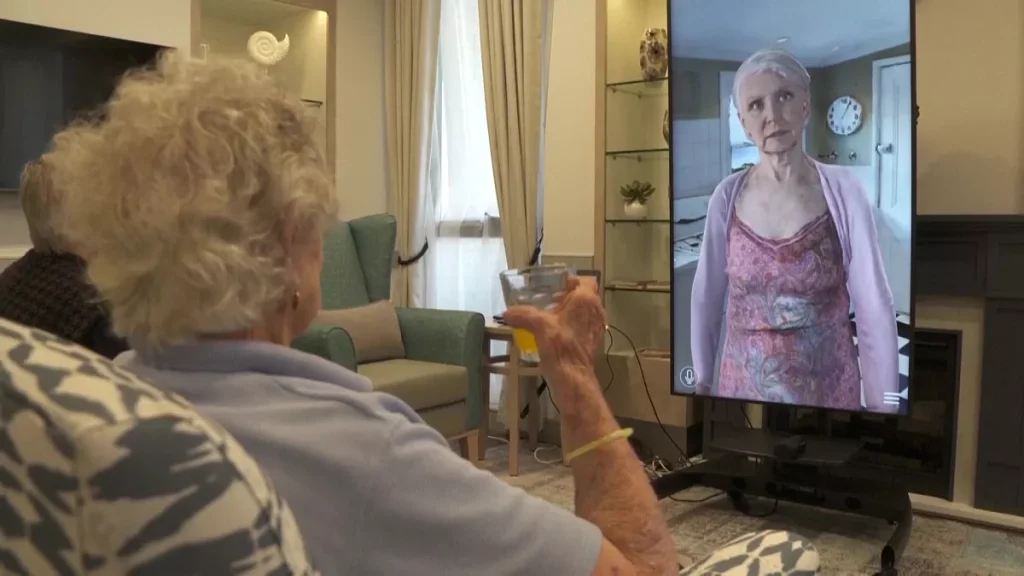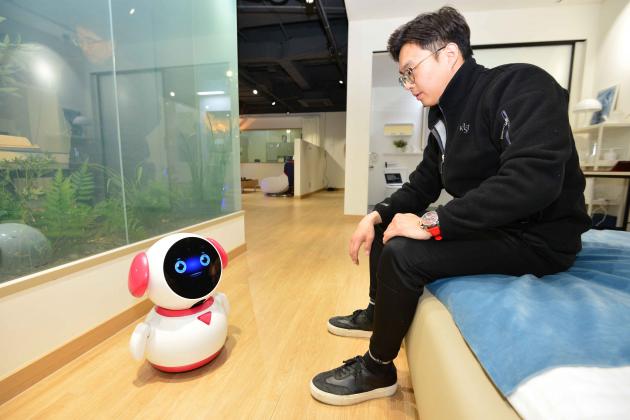Pete Middleton, a tech-savvy retiree living in Northamptonshire, UK, has found that artificial intelligence (AI) offers both practical support and promise in his life as he navigates dementia. Diagnosed five years ago at the age of 65, Mr. Middleton has been adapting to changes in his short-term memory. While he continues to program apps, he often struggles to remember simple tasks like finding his phone. As a former Royal Air Force technician who began coding in the 1980s, Middleton is no stranger to new technologies, and his enthusiasm for AI has grown alongside the technology’s advancements.
From editing photos to translating text messages, Mr. Middleton believes AI can be a powerful tool for people with dementia. He advocates that if people with dementia integrate AI into their lives, it could enhance self-respect, maintain independence, and potentially reduce the burden on healthcare systems. “If it keeps them out of the NHS system and out of care homes, then it’s worth pursuing,” he said, emphasizing that AI could offer meaningful benefits for individuals with dementia while lightening the load on families and carers.

AI Tools Developed for Daily Support
The Alzheimer’s Society, a UK-based charity supporting dementia patients and their families, has been testing new AI-based tools to assist in daily routines. One such tool is an app named “Simon,” which employs geo-tracking and machine learning to understand users’ needs and provide timely reminders. “For instance, Simon can help remind individuals of a PIN when they are at the bank,” explains Fiona Carragher, the Alzheimer’s Society’s director of research. The app is currently in beta testing, with hopes that it could help those with dementia navigate tasks independently and with confidence.
Another promising development is the Florence Project, a decade-long initiative dedicated to creating user-friendly communication devices. Led by Janet Wiles, a professor in human-centered computing at Australia’s University of Queensland, the Florence Project is committed to supporting—not replacing—communication between dementia patients and their loved ones. “Our goal is to bolster communication, not to eliminate it,” explains Prof. Wiles, who has personal experience in the field; her mother is living with dementia.
The project has developed a series of devices designed with simplicity and ease of use in mind. These include a diary, a music player, and a digital photo screen—each equipped with large buttons and knobs to make interaction straightforward. Feedback and preferences from the project’s Living Experience Expert Panel, which includes dementia patients and caregivers, were instrumental in crafting these single-function devices. As Prof. Wiles notes, the devices are intended to avoid the fate of ending up unused in drawers due to their complexity.

A notable feature of these devices is their ability to be updated either locally or remotely. For instance, a family member from afar can update a playlist on the music player, adding a level of customizability that aligns with the preferences of the user, provided they grant permission. Each device builds a personalized knowledge bank that grows with the user, using audio transcriptions and, where necessary, translations to tailor the content.
The Florence Project devices adapt as users’ needs shift over time. As dementia progresses, preferences and requirements change, meaning that the diary, for example, might simplify its layout to accommodate a user’s cognitive abilities. “It’s crucial to adapt over time to the user’s needs,” Prof. Wiles says, pointing out the necessity of a careful, measured approach to development that has been ongoing for over ten years.
Privacy and Security Concerns in AI-Enhanced Dementia Care
One of the major challenges facing developers in this space is the need for robust data privacy and security protocols. Many AI-powered tools rely on collecting sensitive personal data, making data protection a priority. “The downside of tech that fails is far greater for people with dementia than for the general population,” Prof. Wiles cautions. With cognitive limitations, users might struggle to recognize or mitigate the consequences of privacy breaches, making rigorous safeguards essential.

Amid these developments, Alzheimer’s Society research indicates that AI-enhanced technologies could be beneficial if used thoughtfully. However, Ms. Carragher stresses the importance of balancing AI integration with human interaction, noting that AI tools should complement—not replace—relationships with family and caregivers. “AI should be used to enhance care,” she emphasizes, “but it should not undermine the critical role of human connection in dementia care.”
Robots as Companions: AI’s Expanding Role in Dementia Therapy
AI’s role in dementia care is also expanding into physical companionship, with some researchers exploring therapy robots as tools for social engagement. Huggable, faceless robots like “Hiro-chan” have been designed to offer therapeutic support to dementia patients, particularly in care home settings. These soft, lightweight robots provide a soothing presence, with AI enhancements that enable them to interact through simple, structured dialogue. According to Hidenobu Sumioka, a roboticist at the Advanced Telecommunications Research Institute International in Kyoto, initial trials have shown that people with dementia find simpler conversations more engaging than complex ones. “We found that a simpler dialogue was more engaging,” he said.
While developers are working on integrating AI programs like ChatGPT into these robots to improve their ability to communicate, they are cautious about making robots too complex. At under 800 grams, Hiro-chan remains an accessible and manageable companion. However, as with other AI tools in dementia care, researchers are mindful that robots should not replace human interaction, which remains vital for patients’ well-being.
Dennis Frost, a retired programmer and member of the Florence Project’s Living Experience Expert Panel, sees a role for AI in supporting social engagement but emphasizes the primacy of human connection. “I would suggest increasing human interaction over AI,” Frost says, voicing concerns that an over-reliance on technology might diminish essential interpersonal relationships. “After all, would an AI actually care if I lived or died?”

For Mr. Middleton, the customizability of AI-based solutions is crucial. “No two people with dementia are the same,” he observes, emphasizing that technology must be adaptable to individual preferences and cognitive abilities. The specific stage of dementia, he argues, should inform the design of the tools, which must be able to match users’ capacities and needs. This perspective has driven some developers to create flexible tools, as one-size-fits-all solutions are unlikely to meet the varied needs of dementia patients.
Although AI technology holds great potential for supporting dementia patients, its application must be thoughtful and measured. Key stakeholders agree that while AI can supplement care, it cannot replace the compassion and companionship that human relationships provide. With tools like Simon, Hiro-chan, and the Florence Project’s devices, developers are moving toward a future where AI assists in maintaining independence and supporting memory retention. However, with privacy concerns and the need for social interaction at the forefront, the goal remains to integrate AI in a way that supports dignity, autonomy, and connection for people with dementia.
As AI continues to advance, it offers promising avenues for individuals like Mr. Middleton to remain self-reliant. Yet, as he points out, technology cannot overlook the diversity within the dementia community. By recognizing individual needs, the field of AI can move closer to fulfilling its potential in dementia care. The challenge lies in striking a balance—leveraging AI’s abilities while ensuring it supports, not supplants, the essential human touch.




